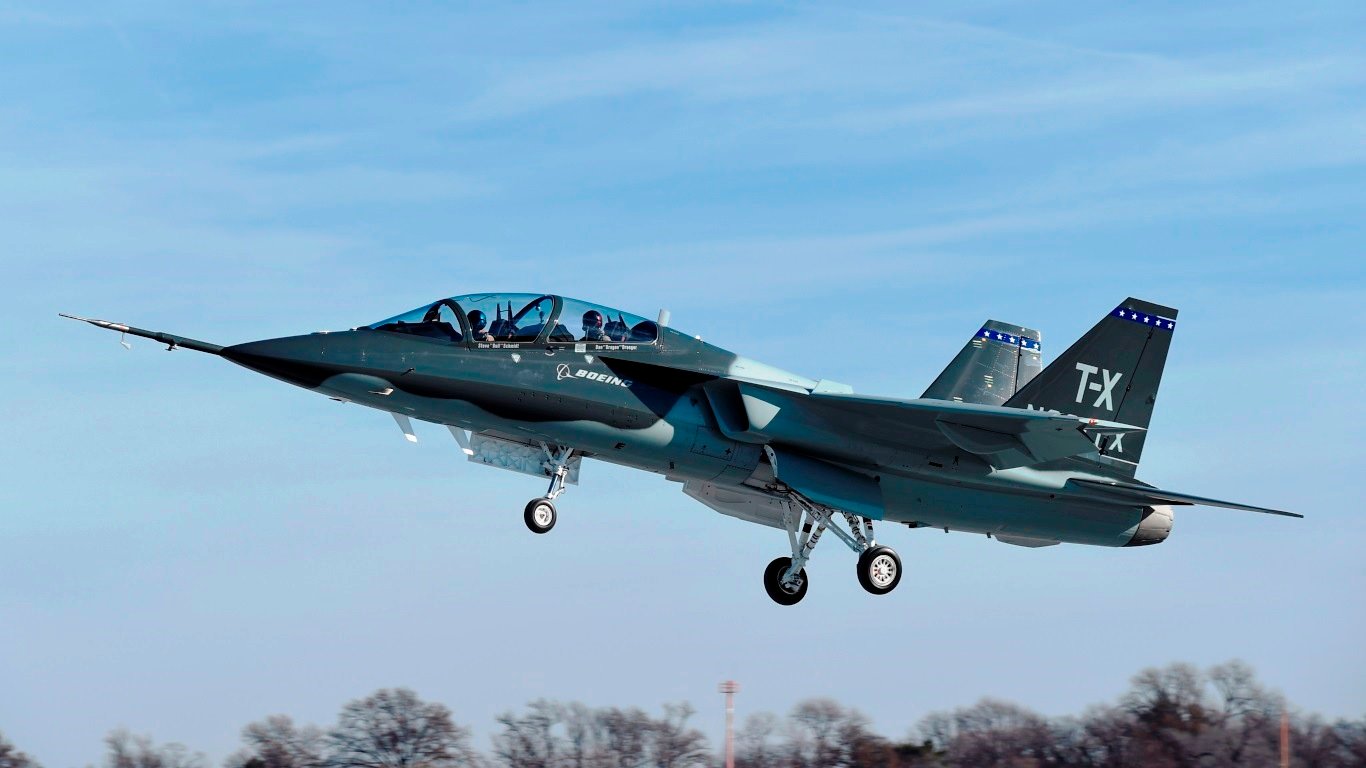

Boeing Co. (NYSE: BA) shares rose only 1% last year, compared with a 30% gain for the S&P 500. Problems with its crippled 737 Max will not go away soon, due to further delays in its return to service and potential financial claims of carriers. The 737 Max debacle has ruined the financial results of Boeing’s commercial division. However, its defense, space and security units have been an ongoing success. Boeing has the chance to salvage investor results if it spins off the businesses into a new publicly held corporation.
The defense, space and services businesses of Boeing compete with Lockheed Martin Corp. (NYSE: LMT), Northrup Grumman Corp. (NYSE: NOC) and a few other companies that rule these sectors. The stocks of these companies have done particularly well in the past year. Lockheed Martin’s shares were up 47%, and Northrup Grumman’s were higher by 40%.
In the third quarter, Boeing’s revenue dropped 21% to $20 billion. Operating income fell 43% to $1.26 billion. Revenue for its Commercial Airplane division dropped 41% from the same period last year to $8.2 billion. The division had an operating loss of $40 million, against an operating profit of $2 billion in the period in 2018. Revenue for Boeing’s Defense, Space & Security business rose 2% to $7 billion. Operating income was $755 million, compared to a loss of $247 million in the year-ago period.
Boeing’s defense, space and security businesses have as their primary customers U.S. and overseas governments. The division’s backlog for defense and services is $62 billion, of which 30% is from customers outside America. Revenue from these operations is almost certain to be steady or to rise. Boeing commercial airplane business could suffer from falling revenue and operating losses for years.
Boeing’s new CEO, David L. Calhoun, recently said, “I strongly believe in the future of Boeing and the 737 MAX. I am honored to lead this great company and the 150,000 dedicated employees who are working hard to create the future of aviation.” However, Boeing’s future is not with the 737 Max. It is with Boeing’s defense, space and services division. As a separate company, these would be among the largest defense companies in the world.
Calhoun has the ability to offer investors a positive future, if he spins out these divisions and allows what is left of Boeing to flounder.
Thank you for reading! Have some feedback for us?
Contact the 24/7 Wall St. editorial team.
 24/7 Wall St.
24/7 Wall St.